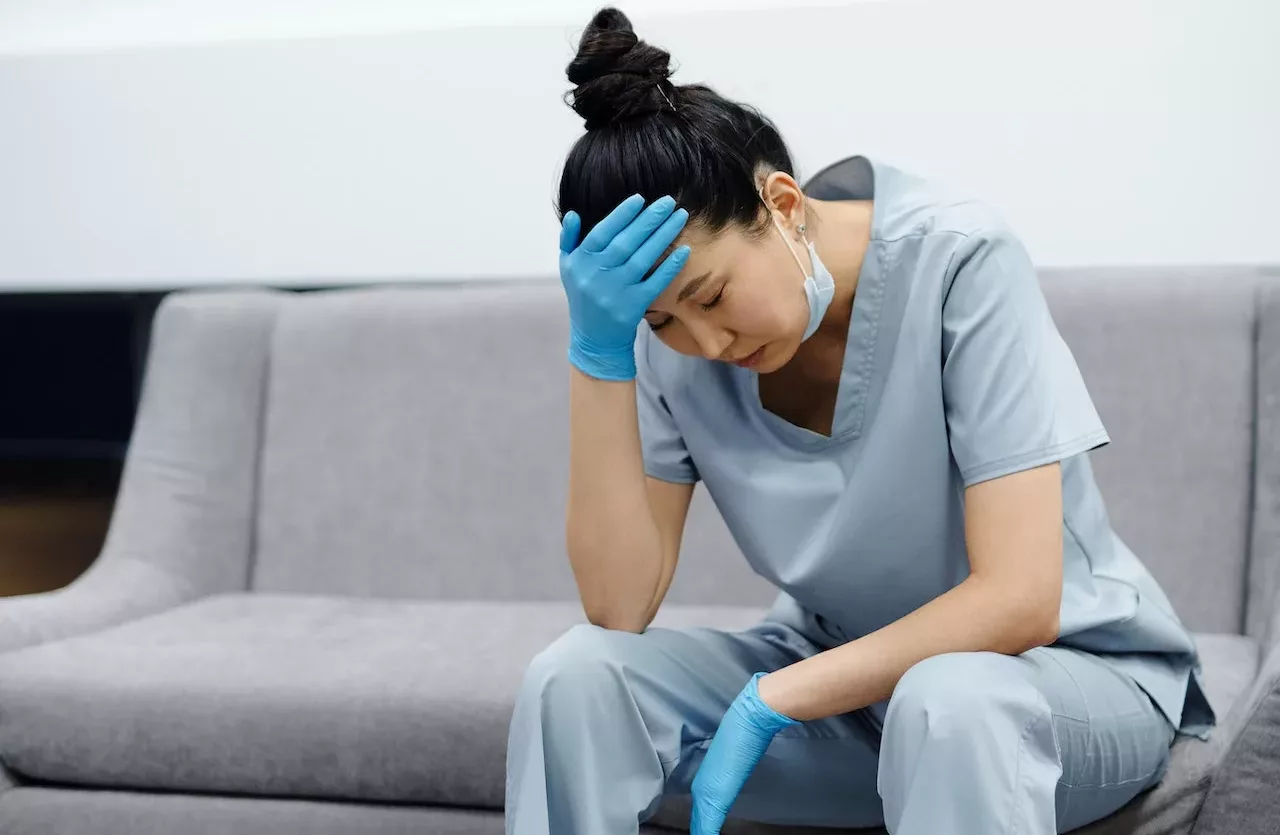Millennials are bringing positive change to workforces across America, and the healthcare industry is also starting to benefit from them. As more millennial surgeons join surgical practices, leveraging their talents and insights can be impactful on many levels.
From incorporating technology for better patient engagement and implementing tools for improved collaboration, embracing the Millennial attitude can benefit your practice and ultimately enhance patient care.
Millennial Work-Life Balance at Private Surgical Practices

Millennials’ demand for “work-life” balance has taken the workforce by storm. Many companies are embracing this new culture in an effort to attract and retain young talent.
These companies recognize that giving employees more flexibility and having them “unplug” at the end of the day and on weekends will result in happier, more focused, and more productive employees.
This can include anything from scheduled lunch breaks to limiting consecutive OR hours and scheduling the minimum vacation time. Instituting policies and creating a culture where surgeons feel comfortable disconnecting during their time off will result in refreshed, focused doctors — which will ultimately lead to better patient care.
The healthcare industry is notorious for long hours, particularly for doctors and surgeons. A survey conducted by the Mayo Clinic and the AMA showed that burnout rates for surgeons have been steadily on the rise in the last three years.
Implementing and encouraging a healthier work-life balance could help prevent surgeon burnout and promote better performance in the OR.
Communication Technology Among Millennials at Private Practices

Millennials are constantly connected to their smartphones, from TikTok to Threads. While this can be distracting in the workplace, it can actually improve patient engagement. Millennial physicians can use smartphones to communicate with their patients through doctor-patient apps.
The range of healthcare communication apps emerging on the market is constantly increasing. This is no surprise, considering the updated guidelines around reimbursement from MACRA are based on the Quality Care Payment Program.
The equation is simple — if practices can improve patient engagement and quality care, they will receive higher reimbursements. It is critical to keep physicians (and the practice staff) connected to their patients and monitor their progress and recovery.
Communication apps are a great tool for facilitating patient engagement and preventing readmission, and millennial surgeons are ideal candidates for this system.
Millennial Surgeon Collaboration

A significant cultural trend brought on by Millennials has been the demand for a more collaborative work environment. Tools like Google Docs, Slack, and Trello (or insert another popular project management tool here) have become the norm in many office workflows simply because they increase efficiency and boost productivity.
By jumping on the bandwagon of collaboration tools, surgical practices can also become more efficient and improve their processes and communication.
These tools or apps can also improve internal office communication. The Surgimate App is one example of an app that helps surgeons collaborate with their staff. Surgeons can confirm if the surgery went ahead as scheduled and communicate when an add-on code is performed without needing to pass paperwork between the OR and the office.
Surgical coordinators can also inform surgeons of their schedule, including any last-minute changes. Utilizing technology to communicate helps create a more efficient practice and ensures nothing falls through the cracks.
Millennials’ Speed and Efficiency

Unlike their predecessors’ attitude of “but this is the way we have always done things,” Millennials are constantly looking for new ways to automate processes, improve workflows, and get faster results.
Millennial surgeons embrace new technologies and recognize that this is the future of healthcare. Adopting this fresh perspective into the surgical practice environment and incorporating new technologies to automate processes and workflows will cut wasted time and increase efficiency for everyone.
Slowly, Millennial surgeons are replacing baby boomers in surgical practices as more complete their residency. They bring with them new technologies and an energetic work attitude. The sooner surgical practices embrace these changes, the faster they will improve workflows and productivity and ultimately deliver greater patient care.



